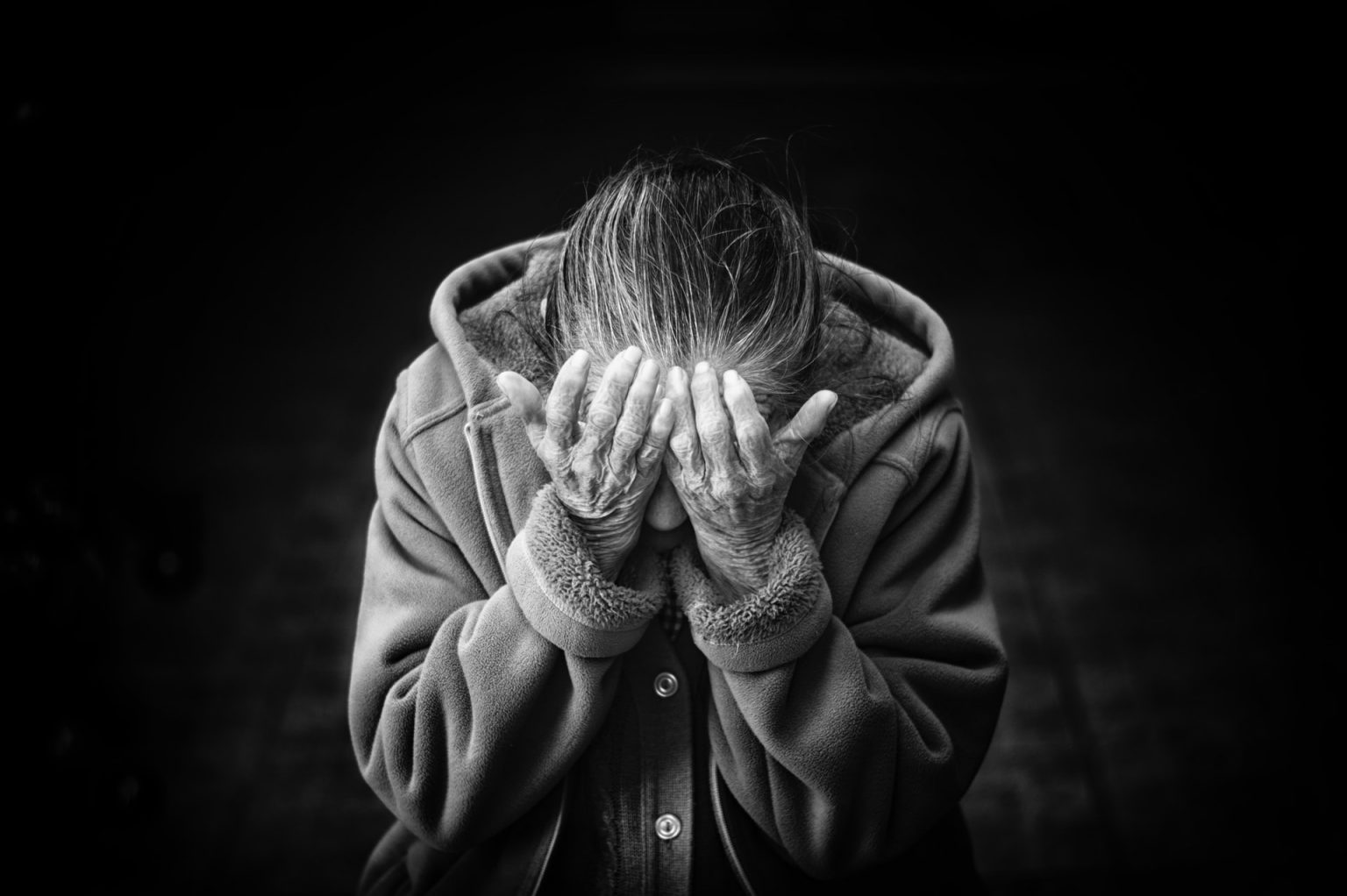Help for Grief and Loss
Grief can be a natural response to loss. It is the emotional pain you feel when something or someone precious in your life goes away and there’s nothing left for you but an empty space where they used to live inside of your heart, with no way back. You may experience all sorts of difficult feelings, such as guilt, anger, disbelief at their absence from this world. These are normal reactions that come along with losing someone who meant a great deal to you. Coping with loss doesn’t always have to mean death– any type of loss causes grief. We all need emotional support from our families and close friends when suffering through these periods in our lives.
The grieving process is a tough one. It can be difficult to find the right way to cope with all of your emotions, but learning some healthy ways to cope may make it easier for you along this journey. Coping with grief and loss might seem like an impossible task for many people; however, there are different methods which could potentially lessen your feelings of guilt or even anger. It also depends on what stage someone is in their grieving process. For many individuals, when they experience any type of tragedy or trauma, it can help to talk about how they’re feeling – including both good and bad thoughts or feelings, so that friends and family may have more insight into their situation whether it’s at home with loved ones, or school and work friends. It’s okay to grieve and feel sad. Try these healthy coping habits the next time you are feeling down help get through some of your lows:
- Talk about your feelings with someone who understands what you’re going through
- Exercise – a good sweat session will boost endorphins (the body’s natural mood-lifting chemicals)
- Join others in support groups or online forums for people dealing with grief
- Remember that things could be worse than they currently seem by comparing yourself to other cultures’ attitudes towards death
- Take care of yourself mentally as well as physically so don’t forget sleep! Sleep deprivation can lead one into depression because our brain need adequate rest
- Spend some much-needed quality time doing something you love and enjoy
Grief is a difficult process that can be very challenging for many people. It’s important to recognize the importance of grieving and how it has an impact on your emotional well-being, even if you don’t know what specific steps are best suited for yourself personally. Grieving is not something we talk about often enough in our society. Grievers have different needs depending on their personality, coping style, life experience, faith and loss significance, which may make healing complicated with no right way or wrong way to grieve; however, there’s one thing all grievers should remember: recognizing grief as an essential part of personal wellness will help one through a trying time where they need guidance most.
The pain of grief can often cause you to want to withdraw from others and retreat into your shell. But having the face-to-face support of other people is vital for healing from loss. Even if you’re not comfortable talking about your feelings under normal circumstances, it’s important that when grieving, we express them with those closest or most appropriate in our lives — even if they aren’t what one would typically call “friends.” This might include family members who don’t live close by but still feel connected through shared values and experiences; friends who are more like acquaintances than confidantes; coworkers sharing similar interests (even a hobby); spiritual leaders whom we admire as role models; etc. It’s important to express your feelings when you’re grieving. Don’t isolate yourself from friends and family, even if it feels like talking about or being around them is too difficult at this time.
With keeping in mind that there is no “right” way to grieve, find what feels right for you and know that time and perspective will ultimately soften the blow of loss, even if there is still some ember of pain that remains.

